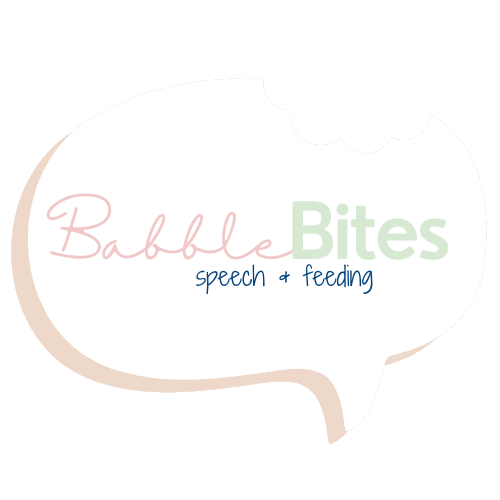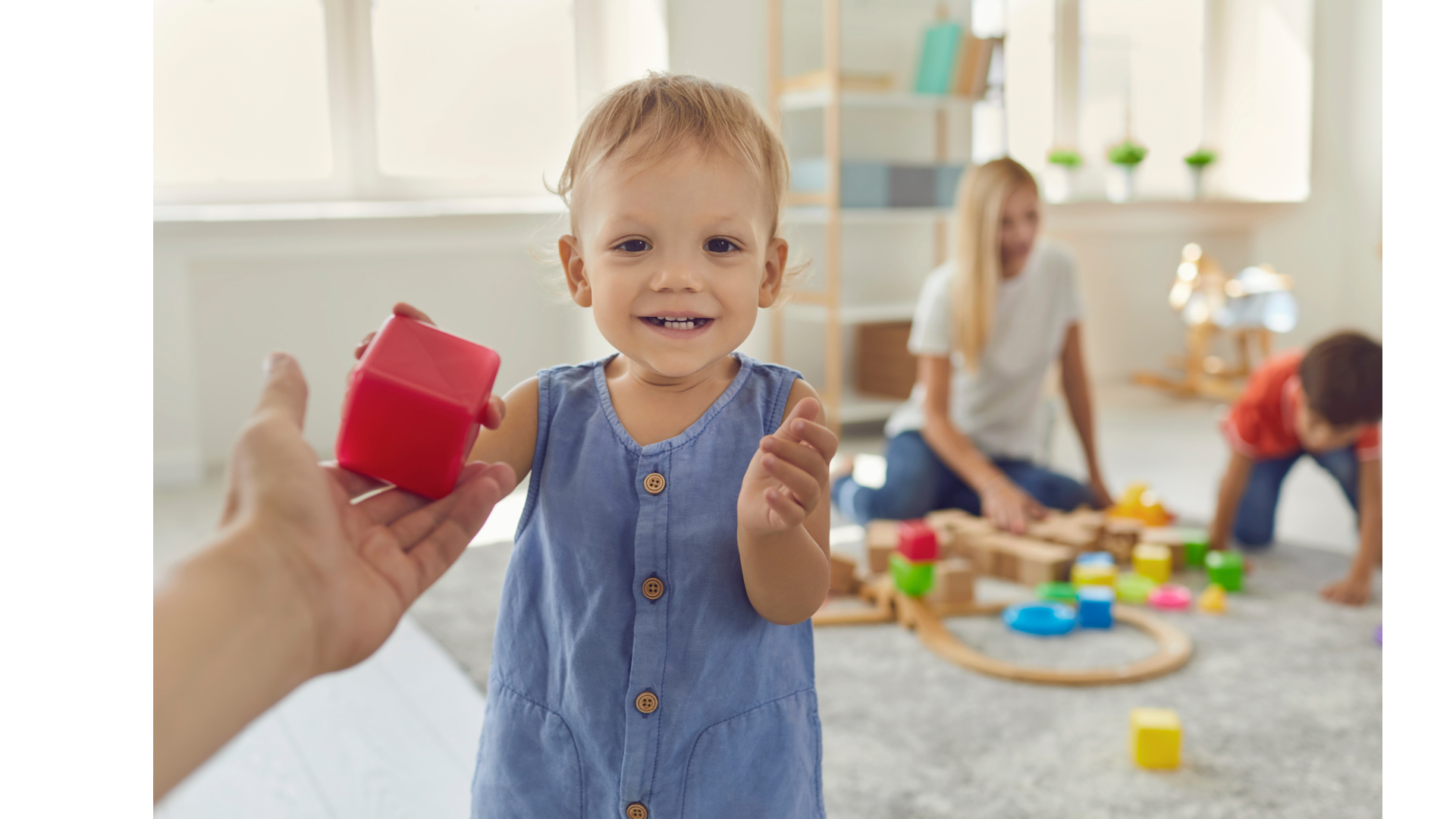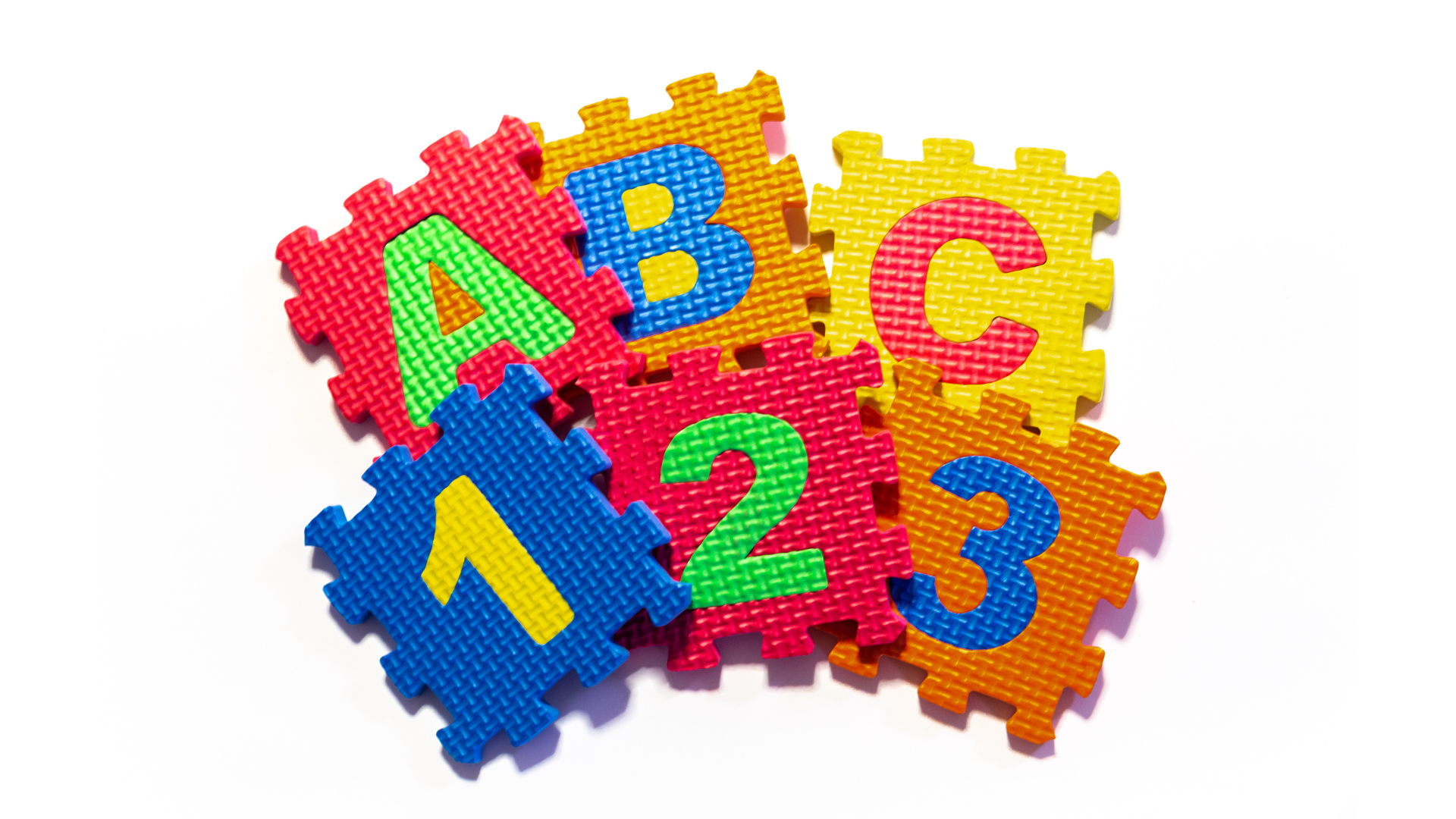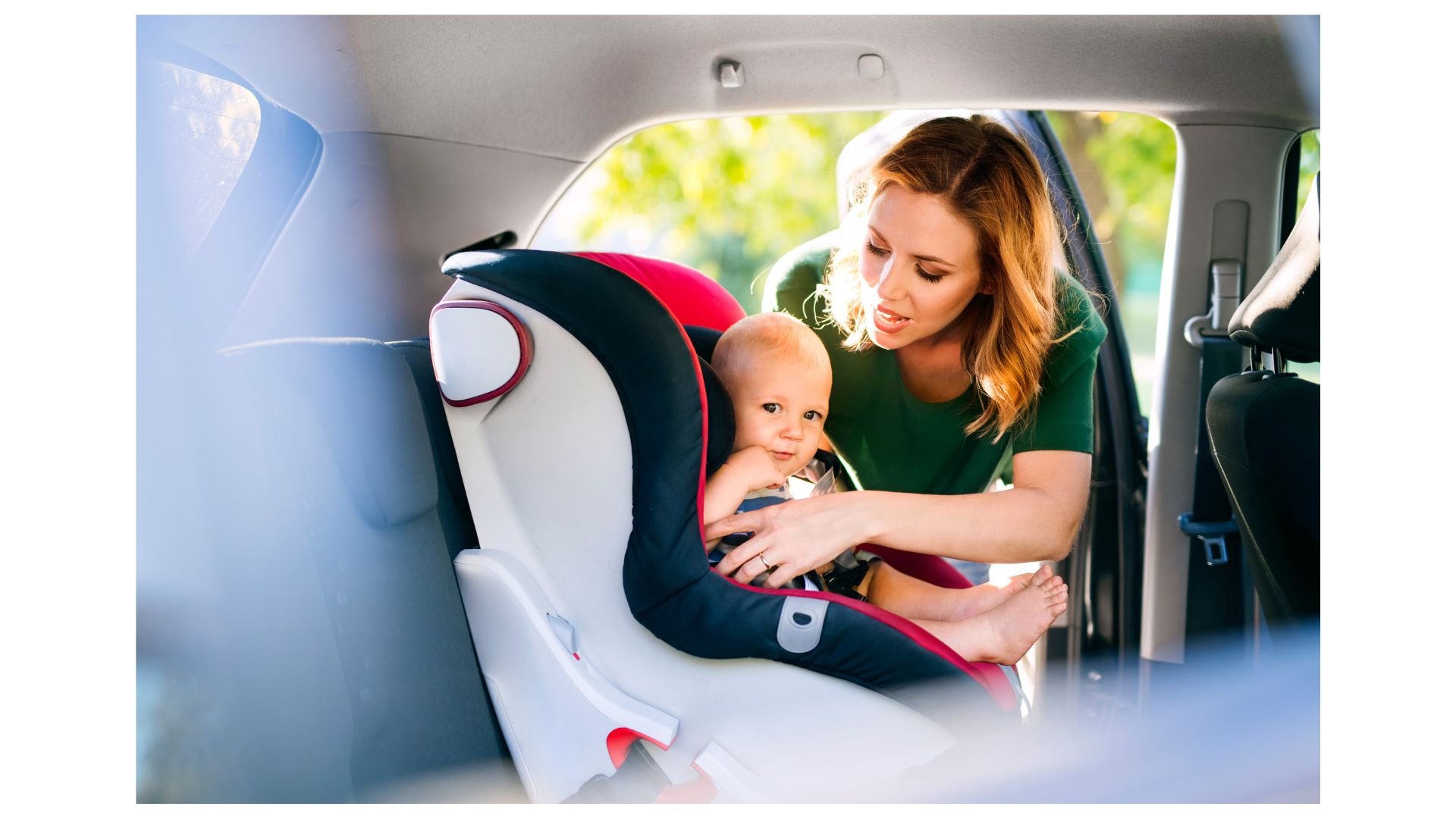Early Language
Tips and tricks from a certified speech-language pathologist to help your toddler’s speech and language development
Best Fall Books to Read With Your Baby: Build Language & Celebrate the Season
Looking for cozy, fall-themed books to read with your baby or toddler? This guide shares our favorite autumn, Halloween, and Thanksgiving books that make reading fun and language-rich! Each book includes ideas for building your little one’s vocabulary, encouraging interaction, and connecting stories to real-world experiences. Perfect for early literacy and fall family bonding.
From Cooing to Talking: Understanding Your Baby’s Speech Development
Babies don’t learn to talk all at once—there are important steps along the way. From cooing to babbling to first words, each stage builds the foundation for speech. With simple strategies like talking, imitating sounds, and using parentese, you can support your baby’s language growth. Every coo and babble is a big milestone on their journey to talking!
What to Say While Playing With Your Toddler to Boost Language Skills
Playing with your toddler is more than just fun—it’s a powerful way to grow their language skills. But if you’re not sure what to say while you’re playing, you’re not alone. Many parents accidentally fall into the “question trap” or feel awkward trying to fill the silence. This post breaks down the most common mistakes parents make, shares easy do’s and don’ts, and gives you real-life examples of what to say (and what not to say) during playtime.
Want to Boost Your Baby’s Language Skills? Try Serve and Return
Serve and return is one of the simplest—and most powerful—ways you can support your baby’s early language development. By noticing and responding to your baby’s sounds, looks, and gestures, you’re building the foundation for communication and connection.
Should I Use Flashcards to Help My Toddler Talk? The Dos and Don’ts
Many parents assume flashcards are the best way to help their baby or toddler start talking, but using flashcards in a “traditional” way is not the best way to use them to use them to teach your baby new words. Learn how to make flashcard time engaging, playful, and meaningful—with real strategies to support early communication skills in a developmentally appropriate way.
“16 by 16”: The Gestures That Jumpstart Language and Learning
Before babies say their first words, they’re already communicating—through gestures. From waving and pointing to clapping and reaching, these tiny movements are powerful tools that lay the foundation for language and learning. In this post, we break down the “16 by 16” milestone, explain why gestures matter, and share how you can support your child’s development of gesture.
Pop, Blow, Talk! How Bubble Play Encourages Early Language Skills
Bubbles aren’t just fun—they’re a simple yet powerful tool for encouraging speech and language in babies and toddlers. In this post, you’ll learn how simple bubble play can support early communication skills through joint attention, turn-taking, and playful verbal routines. Discover practical tips, vocabulary ideas, and easy ways to make every “pop!” count in your child’s language development journey.
Encouraging Language Development While Singing “Old MacDonald”
Turn “Old MacDonald” into an exciting learning adventure with tips from a pediatric speech-language pathologist! Engage your baby with interactive choices, fun pauses, and enthusiastic singing that enhance communication skills and keeps them entertained during every rendition.
Functional Words: How to Teach Your Baby to Say “Up” and “Down”
The words “up” and “down” are both functional words for babies to learn, because it gives them the ability to communicate specific wants and needs, such as to be picked up or to get down from somewhere. Learn the steps to teach your baby to say, “up” and “down.”
Functional Words: How to teach your baby to say “Go”
The word “go” is a functional and motivating word for babies to learn, because it gives them the ability to request something they want, usually within a play routine. Learn the steps to teach your baby to say “go.”
Functional Words: How to Teach Your Baby to Tell You “All done”
The word “done” or phrase “all done” is functional for babies to learn, because it helps reduce frustration by giving them the ability to tell you they do not want something anymore, whether it’s food or an activity. Learn how to teach your baby to communicate, “all done.”
Functional Words: How to teach your baby to ask for “Help”
The word “help” is an extremely functional and helpful word for babies to learn, because it gives them the ability to ask for help and reduce frustration. Learn the steps to teach your baby how to use the word, “help.”
Functional Words: How to teach your baby to ask for “More”
The word “more” is an extremely functional and motivating word for babies to learn, because it gives them the ability to request more of something they want, whether it’s food, a toy, or an action. Learn the steps to teach your baby to say “more.”
2023 Holiday Toy Gift Guide for Toddlers & Preschoolers For Language Development
Here are my 2023 recommendations, as a speech-language pathologist, of my favorite toys that are great gifts for the holidays, and tips on how to use the toys to help develop different areas of your child’s language skills.
Should I Be Teaching My Baby Letters and Numbers?: The Importance of Functional Language
Parents may start to wonder if they should already be teaching their babies letters and numbers when they first start learning to talk. Learn why speech-language pathologists recommend focusing on functional language first.
Unlocking Early Communication: A Guide to Teaching Sign Language to Your Baby
Figuring out your baby’s wants and needs before they are able to talk can be frustrating for you and your child. Teaching your baby sign language can bridge the communication gap while your baby’s verbal language is still developing.
What’s the Difference Between Speech and Language?
Two crucial aspects that develop during early childhood are speech and language skills. While often used interchangeably, speech and language are distinct yet interrelated skills that make up a child's ability to express themselves. Learn about the differences here.
8 Best Tips for How To Read Books to Babies for Language Development
Parents are often told “read to your baby,” but aren’t told how to do this to best benefit their language development. There are several easy strategies you can use to ensure that your baby is getting the most out of story time.
Building a Language-Rich Environment Through Narration
Learn how to narrate your daily activities to your baby with self-talk and parallel-talk to enhance their language development.
How to Get Your Baby to Say “Dada”
Learn these 5 quick tips to help your baby learn to say "dada." Happy Father’s Day!





















